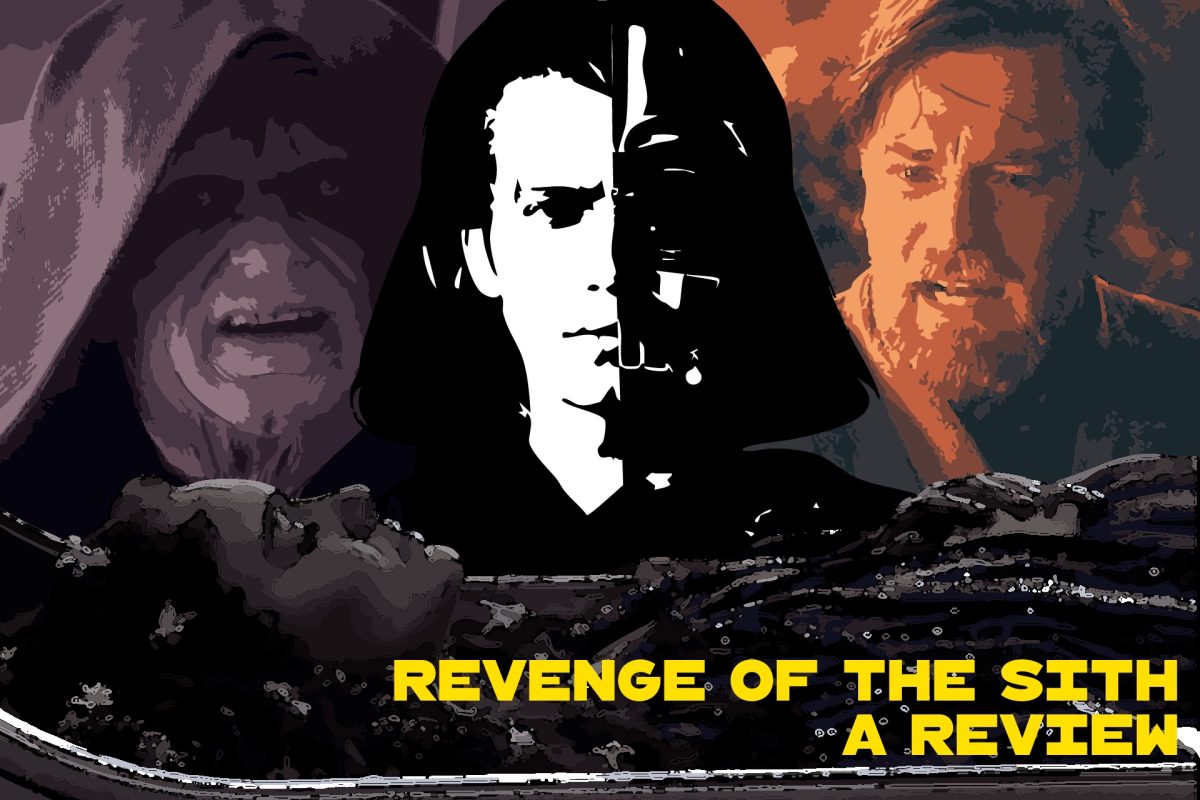Dan Zaim’s film “Tavuri” questions the role of crime and conviction in infamous scammer Mustafa Serttas’ life.
Dervis Zaim made his directorial debut at Columbia’s True/False Film Festival with. his 93-minute feature film. “Tavuri” seamlessly investigates themes of crime and conviction by following Cyprus crime legend Mustafa Serttas through the final five years of his life.
Zaim and Serttas grew up in the same neighborhood. Despite living on the same street, the pair had very different upbringings. Zaim lived with two loving parents and did not have to worry about food on the table. Serttas, with an often absent father, took to stealing to support his family at a young age.
Despite intervention from Zaim’s parents and local law enforcement, Serttas’ inclination toward stealing continued. What started as a juvenile necessity transformed into a habitual obsession. Serttas’ obsession earned him the nickname of “Tavuri” — a direct Turkish translation of “the devil.”
Serttas’ life of repetitive crime piqued Zaim’s interest. Over time, Serttas turned his necessity for stealing into a way to live a life of luxury through various theft and scam ploys. Zaim yearned to discover whether or not the infamous convict who he used to spend afternoons running around his childhood neighborhood with was capable of feeling remorse for his accumulation of crime. Some of Serttas’ more notable crimes consist of scamming Lefkosa’s Central Prison twice as an insider while he was imprisoned.
What started as a childhood friendship blossomed into a beautiful film that challenges the relationship between crime and conviction in society. “Tavuri” felt far from impersonal as the audience watches Serttas’ and Zaim’s relationship evolve throughout the film. At one point, Zaim interviews his own mother to inquire about what she remembers of Serttas as a boy. Zaim also filmed a reunion of his mother and Serttas where Serttas’ affection and appreciation for Zaim’s mother is undeniable.
Unfortunately, Zaim’s mother died during the filming process, so he decided to narratively restructure the remainder of the film. He featured Serttas traveling to Zaim’s mother’s funeral to show his condolences despite his own progressive illness. This information was one of the pivotal ways Zaim portrayed the contrast of Serttas’ genuine character with the perception of his actions.
Despite Serttas being known as “the devil,” this film uniquely humanizes him in a way that almost distracts from his history with crime. While the film centers around Serttas’ criminal record, at times it’s easy to forget that Serttas is an infamous Cyprus convict. Zaim films Serttas in a variety of different ways and settings to show the complexity of his character. In addition to various family stressors, Serttas fought a lifelong battle with diabetes. The disease progressed throughout the film — resulting in an extended stint in the hospital and the amputation of several of Serttas’ toes. Zaim made the decision to feature Serttas’ struggle with the disease multiple times throughout the film. The portrayal of this struggle creates an interesting parallel when compared with Serttas’ attitude toward crime. When questioned about feeling remorseful for scamming people over the phone, Serttas often justifies his actions by arguing that “they didn’t have to say yes or believe me.”
After five years of filming, Serttas died from diabetes. Just days before his death, Serttas filmed an apology video where he revealed that he was sorry for his crimes. With little context surrounding the apology, and with little to no signs of remorse throughout the film, it is questionable whether or not Serttas’ apology was sincere or simply performative.
The film ends with Zaim reflecting on Serttas’ passing and footage from his funeral. Shots of friends and family surrounding Serttas’ casket reinforce how Serttas’ had a supportive community despite his rich history with crime. This contradiction ends the film on an ambiguous note that allows audiences to question Serttas’ compassion and the interrelatedness of crime and conviction in today’s world.
Serttas’ complicated relationship with crime will keep audiences on the edge of their seats as Zaim investigates whether or not Serttas feels remorse for his actions. Although no definitive conclusion is made, the ambiguous ending perfectly encapsulates the film’s overall pace and allows the question to be pondered with varied interpretations.
Edited by Scout Hudson, [email protected]
Copy edited by Lauren Courtney



















